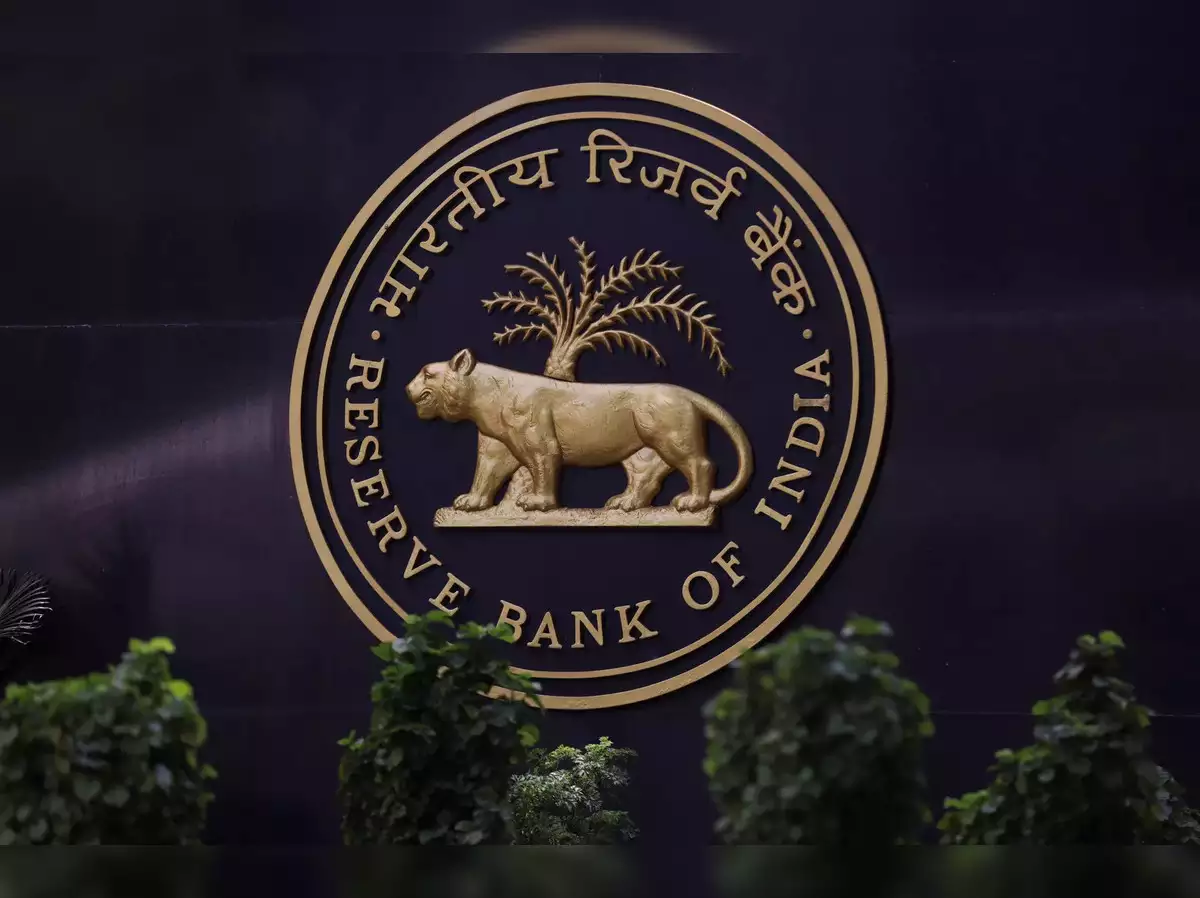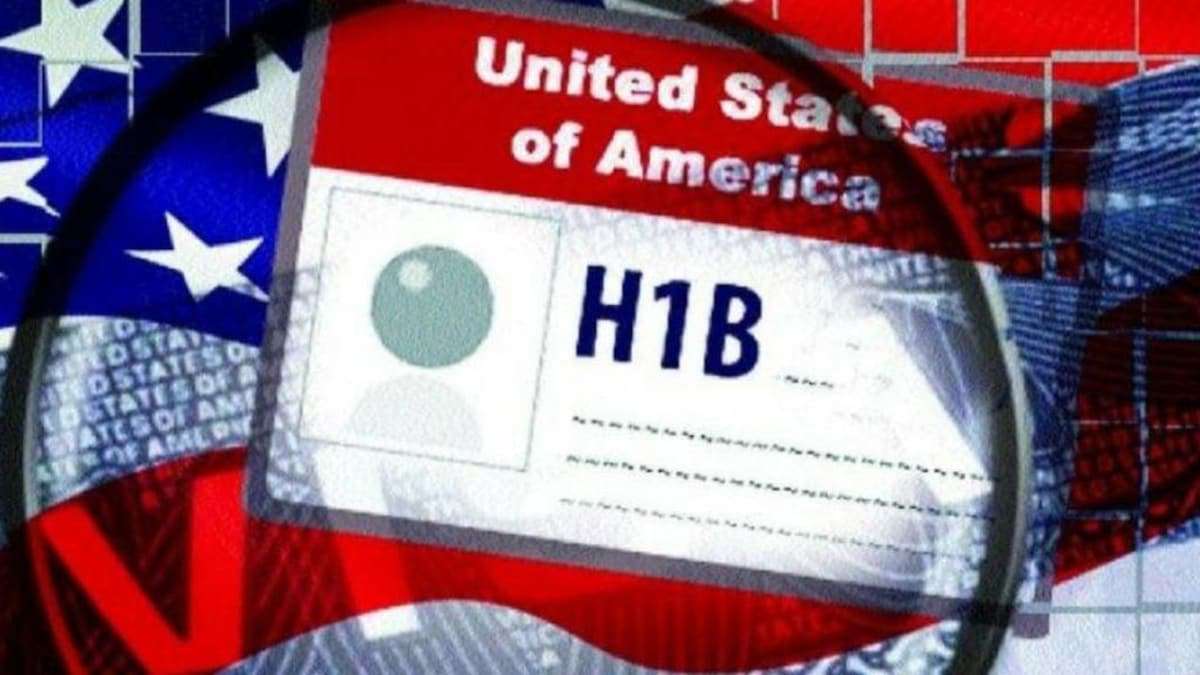The RBI has the authority to grant higher remittance amounts in cases where the absence of fund transfer would result in hardships for individuals overseas, or where the need for remittance arises due to legacy, bequest, or inheritance
A rising number of Indians residing abroad, including those who have renounced their Indian citizenship, are encountering challenges when seeking permission from the Reserve Bank of India (RBI) to transfer funds and assets acquired through inheritance. According to a report by The Economic Times, the RBI has been rejecting requests for remittances of funds and sales of inherited assets, such as stocks and properties.
Non-Resident Indians (NRIs), Persons of Indian Origin (PIOs), and Overseas Citizens of India have the ability to remit up to $1 million annually from assets acquired while residing in India or received through family inheritance. However, any request for remittance exceeding this $1 million limit within a financial year requires RBI approval. The RBI has the authority to grant higher remittance amounts in cases where the absence of fund transfer would result in hardships for individuals overseas, or where the need for remittance arises due to legacy, bequest, or inheritance.
Previously, the RBI used to grant permissions for transfers beyond the permissible remittance limit on a case-by-case basis, as mentioned in its responses to frequently asked questions (FAQs) regarding asset remittance. However, this practice has significantly reduced in the past year, according to industry insiders.
Experts argue that the RBI should reinstate the practice of allowing such remittances for settled NRIs, particularly those who have migrated abroad years ago. They assert that the current $1 million limit is inadequate for individuals to remit the entire amount in their lifetime, especially for those who are elderly or have significant medical expenses. Additionally, for inheritance planning, a higher remittance limit would alleviate hardships. The existing regulations empower the RBI to permit larger remittance amounts, as seen in cases where resident Indians are granted waivers to remit amounts exceeding $250,000 under the liberalized remittance scheme (LRS) for medical treatment or university fees.
As the debate continues, NRIs and PIOs hope for a reconsideration of the existing remittance limits to better reflect changing economic circumstances and inflation
The LRS enables resident individuals to purchase shares, properties, and other permissible capital assets by transferring up to $250,000 annually from their taxed income. The $1 million asset remittance limit for NRIs applies solely to funds transferred from India to overseas for the acquisition of shares or properties. It pertains to assets inherited or acquired while the individual resided in India.
While there is a prevalent sentiment among NRIs that the RBI and the government should consider raising the limit to around $5 million, recent years have witnessed a tightening of regulations concerning fund outflows. Changes to overseas investment rules in 2022, for instance, have restricted investments in unlisted offshore debt securities and mandated the repatriation of gains from LRS investments within six months. This has led to confusion regarding the operation of overseas bank accounts for dividend receipts, among other financial transactions.
Given the RBI’s adherence to the $1 million limit and the absence of restrictions on current income transfers, NRIs may need to invest their inherited funds in Indian assets and markets to access dividends, rents, and interests, which can be remitted freely unlike proceeds from the sale of capital assets. As the debate continues, NRIs and PIOs hope for a reconsideration of the existing remittance limits to better reflect changing economic circumstances and inflation.
******************************************************
Readers
These are extraordinary times. All of us have to rely on high-impact, trustworthy journalism. And this is especially true of the Indian Diaspora. Members of the Indian community overseas cannot be fed with inaccurate news.
Pravasi Samwad is a venture that has no shareholders. It is the result of an impassioned initiative of a handful of Indian journalists spread around the world. We have taken the small step forward with the pledge to provide news with accuracy, free from political and commercial influence. Our aim is to keep you, our readers, informed about developments at ‘home’ and across the world that affect you.
Please help us to keep our journalism independent and free.
In these difficult times, to run a news website requires finances. While every contribution, big or small, will makes a difference, we request our readers to put us in touch with advertisers worldwide. It will be a great help.
For more information: pravasisamwad00@gmail.com








